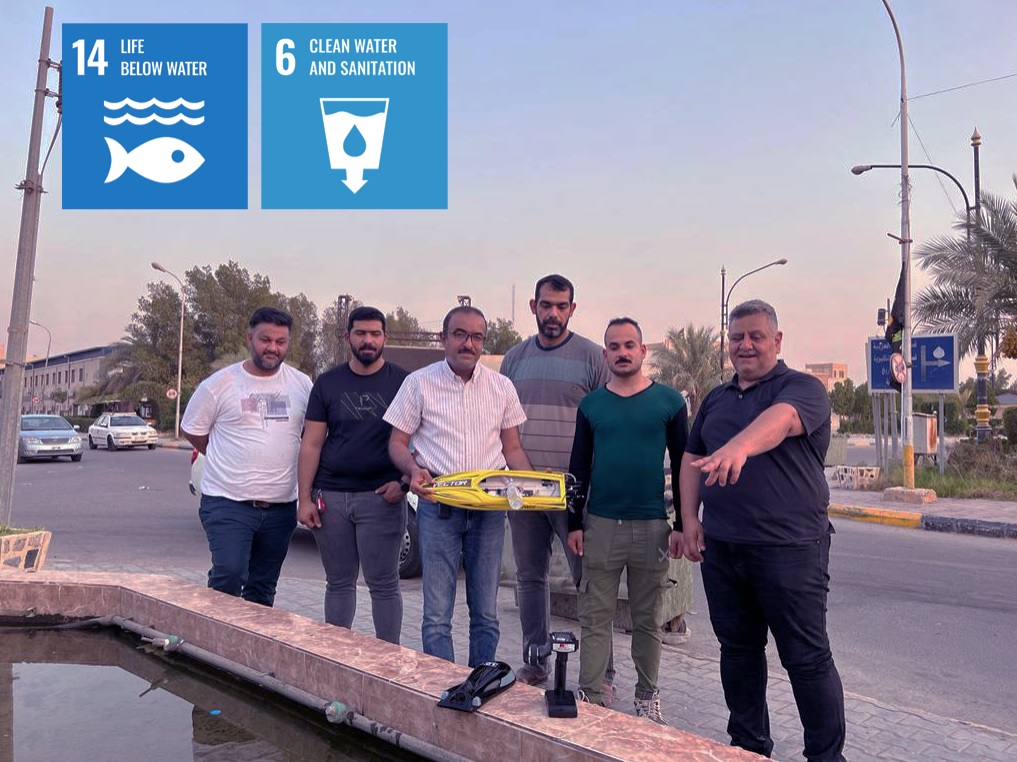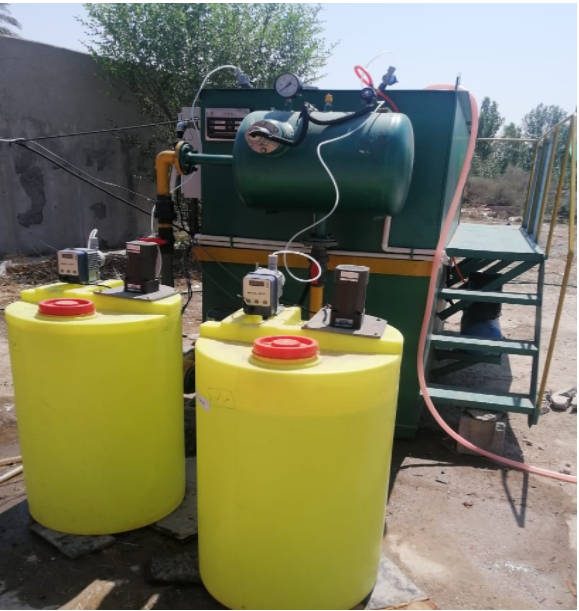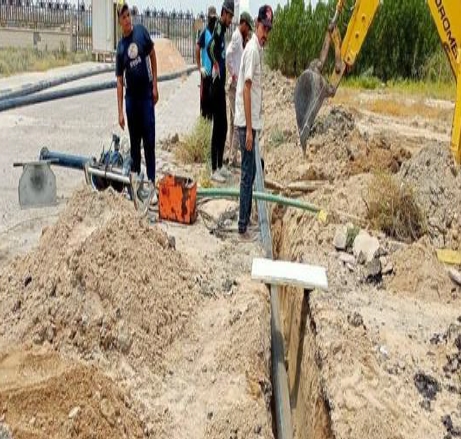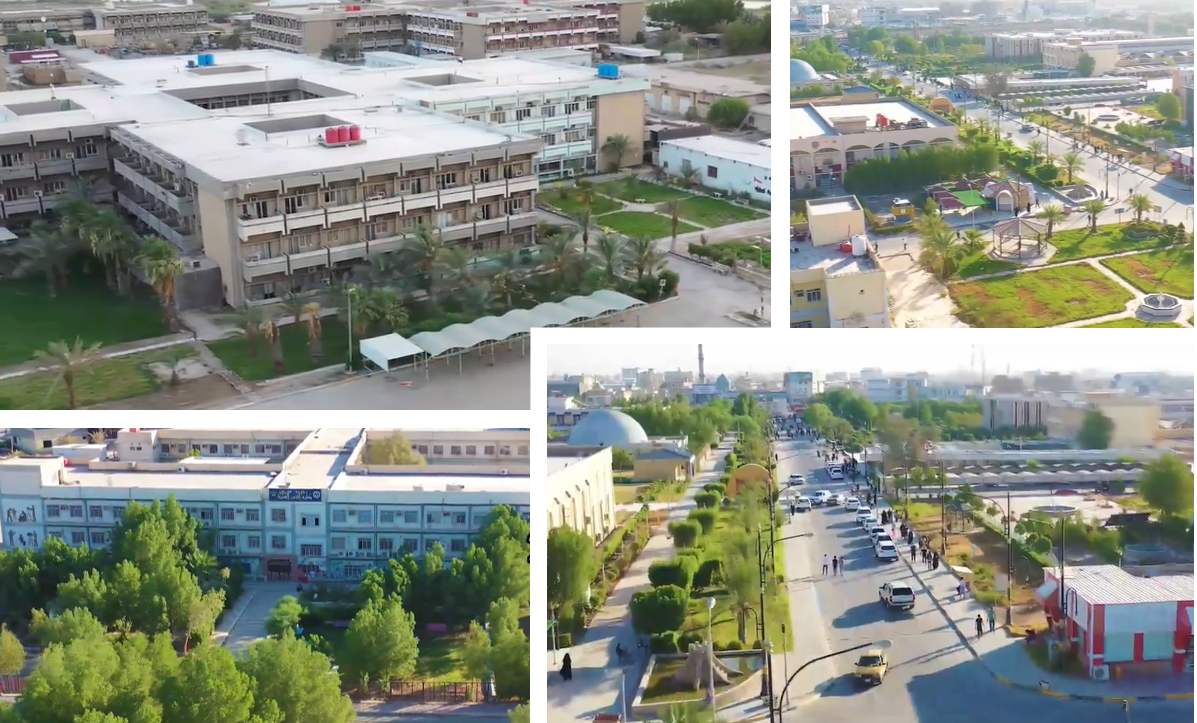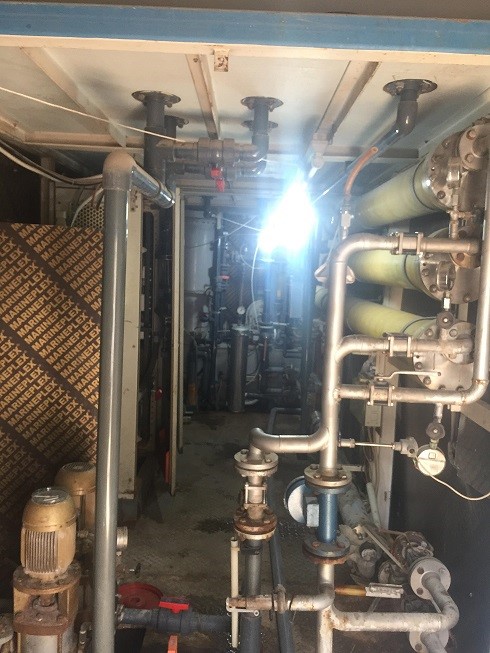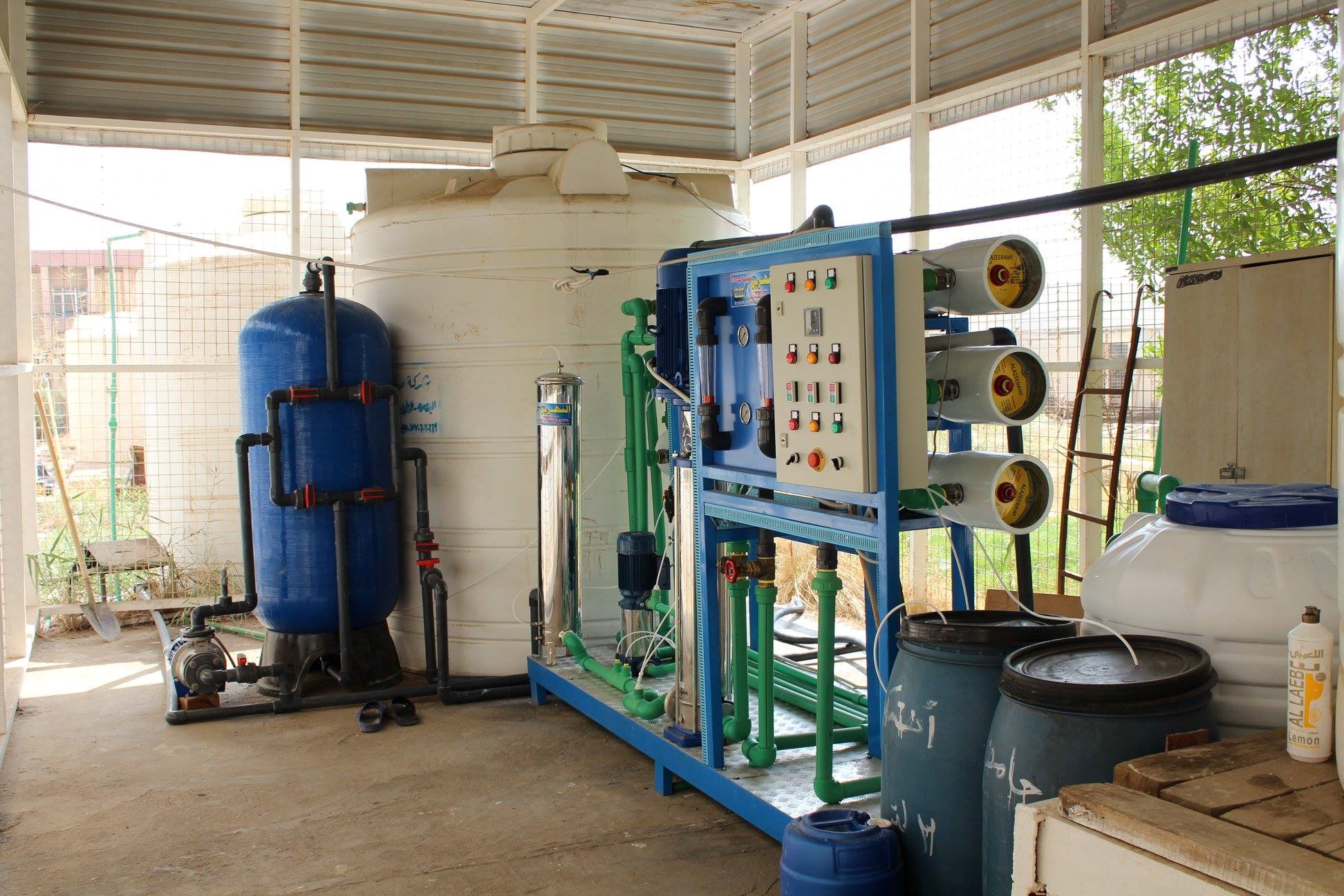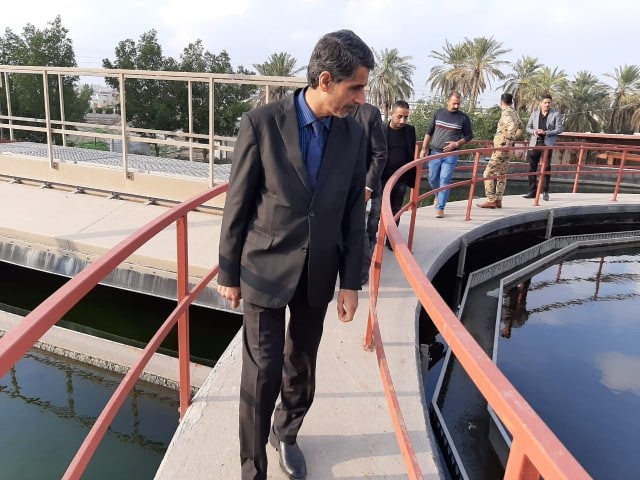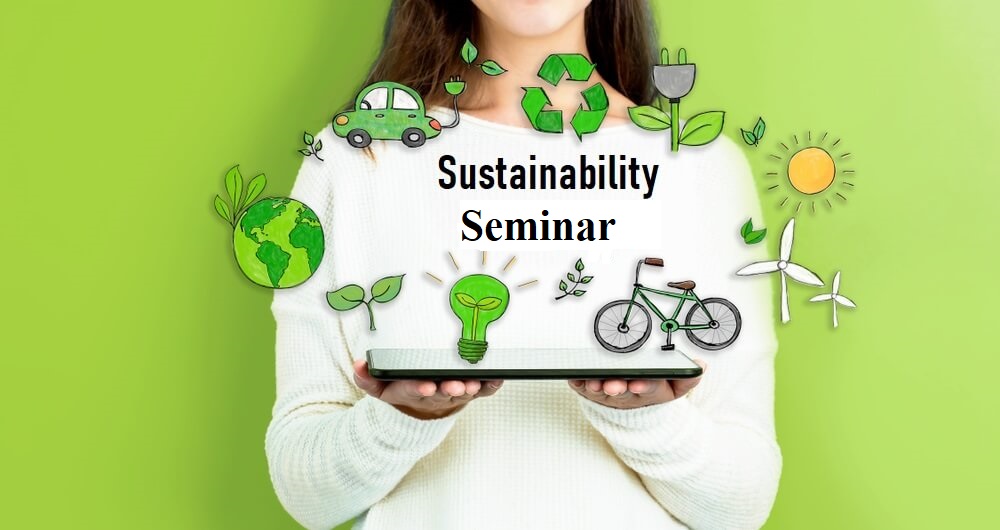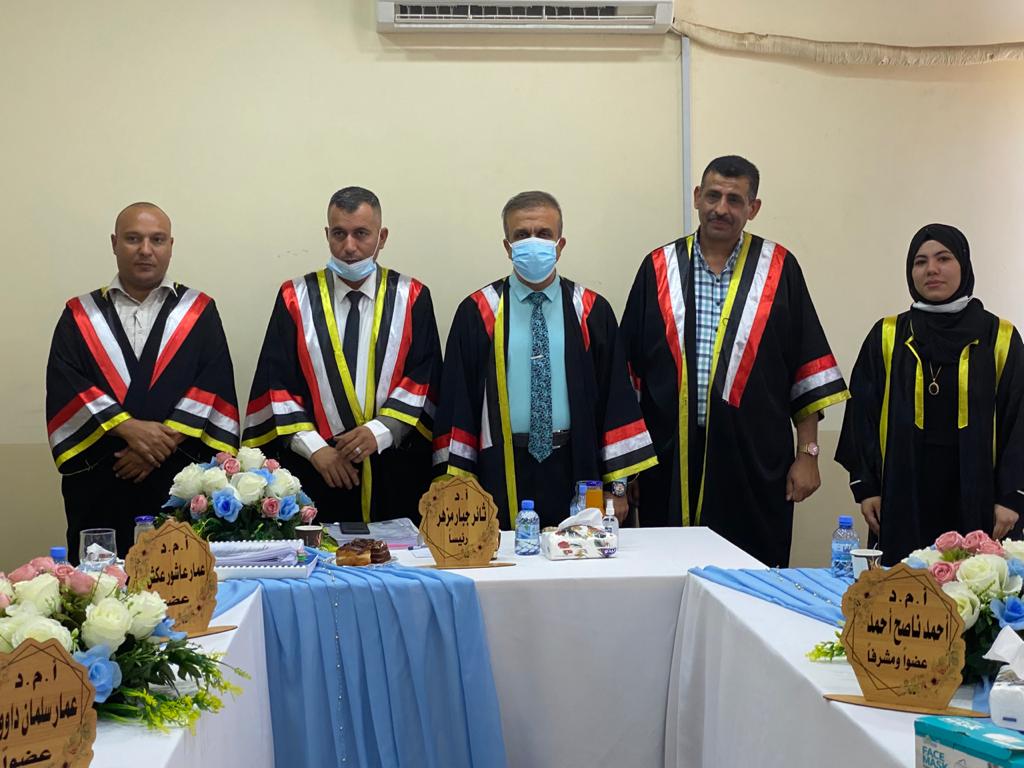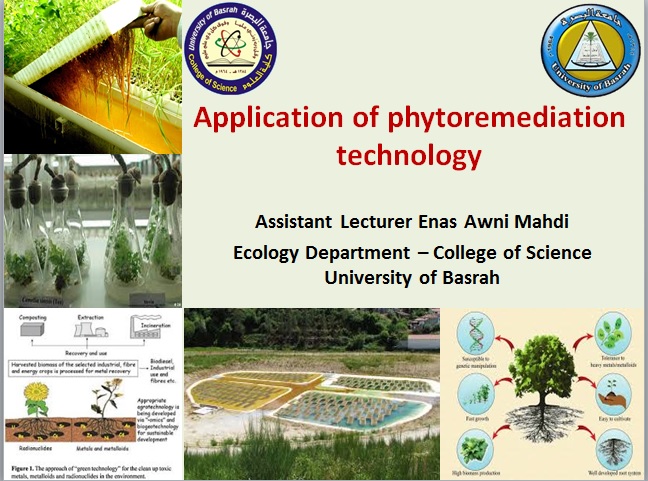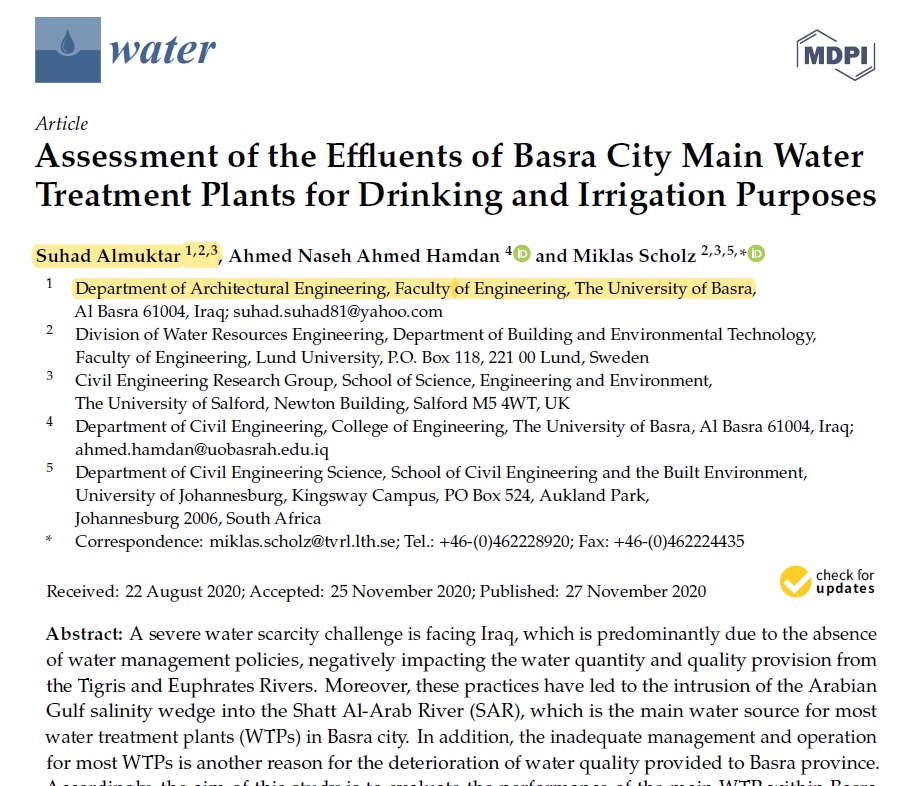![]()
Ensure Availability & Sustainable Management of Water & Sanitation for All
(Activities of 2022)
Prevent polluted water from entering the water systems
University of Basrah Group Operates Water Sampling Boats
It is well-konwn that the Basrah province is surrounded by many rivers , along with arabian gulf, such as Tigris, Euphrates, Basrah , Shat al arab, Karma, Zubair and so on. The University of Basrah has founded a group of professional inventors who manufactures remote-control-based boats for collecting samples of water to contribute for maintaining the abovementioned rivers. The ability of the boats to collect samples was tested at the Basrah province rivers and the boats show extensive efficiency in collecting the desired samples from different spots on the river. The samples were provided to specialized laboratories at the marine science center, which belongs to our university, for further experiments and analysis.
In the past, experts of the University of Basrah used to drive real boats, which our university owns, to go to faraway areas in order to collect samples. Now, it is possible to save effort and energy by using these boats that are controlled by electromagnetic remote control waves to collect those samples effectively and quickly.
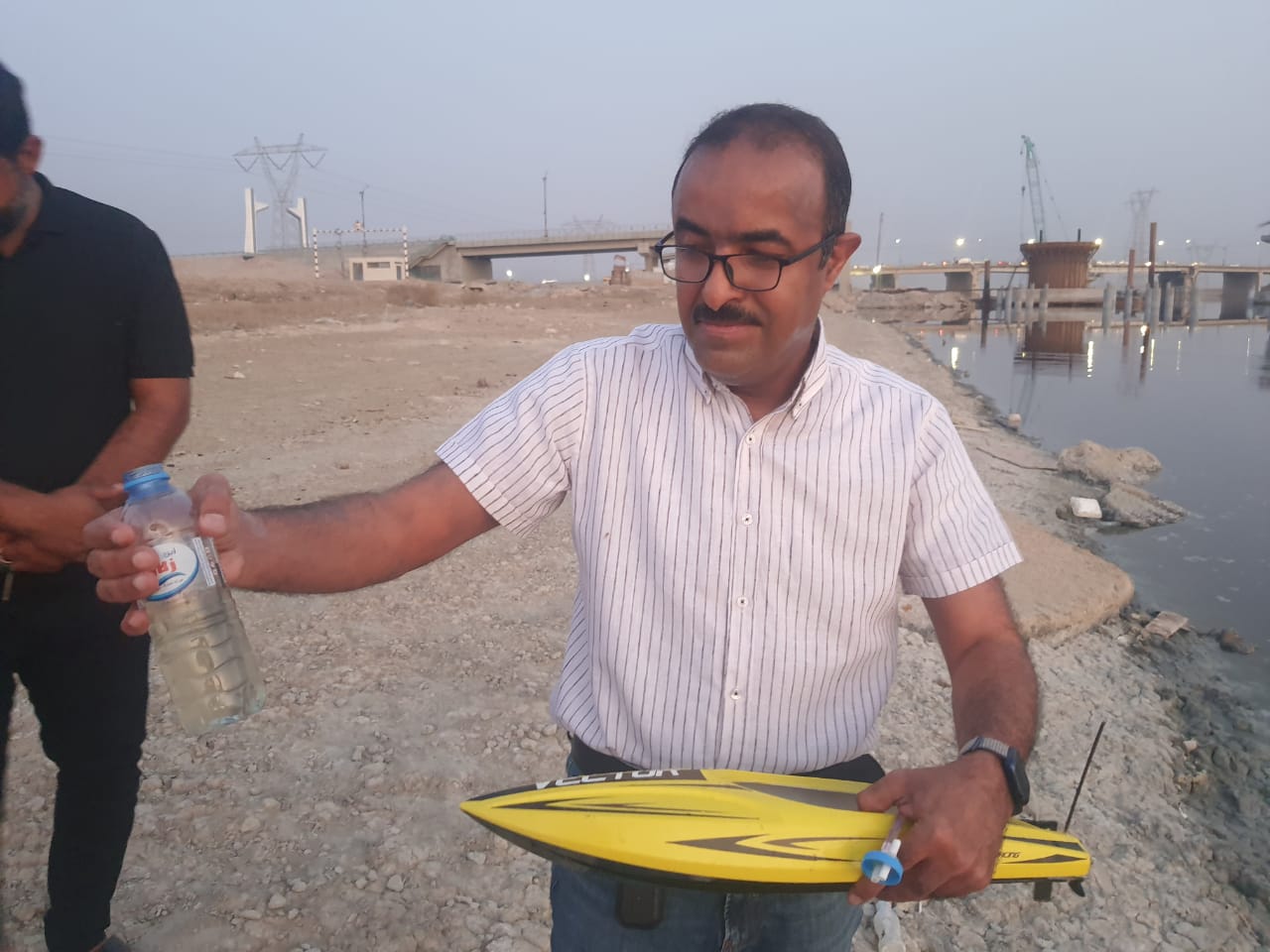
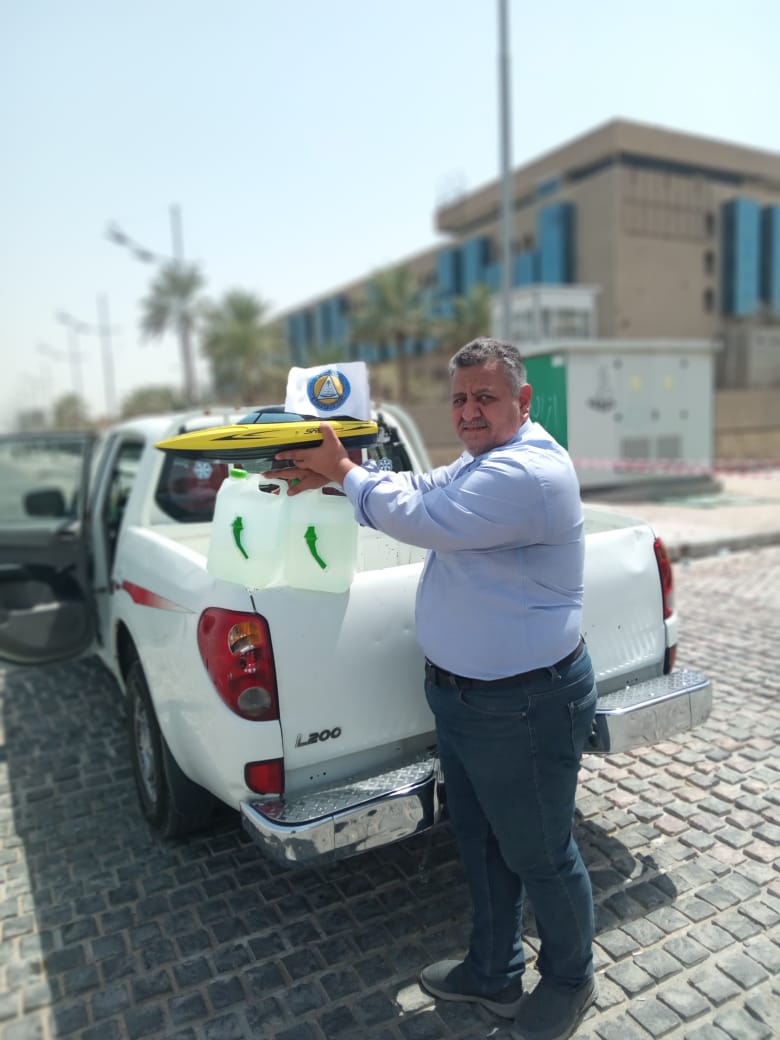
Wastewater Recycling Program
Within the initiatives of the University of Basrah to support innovation and creativity, the university launched a wastewater recycling program, designed and manufactured by our researchers and technicians. The treated water is used to water the greenspaces on the university campus. The device in the beside picture is used for this purpose.
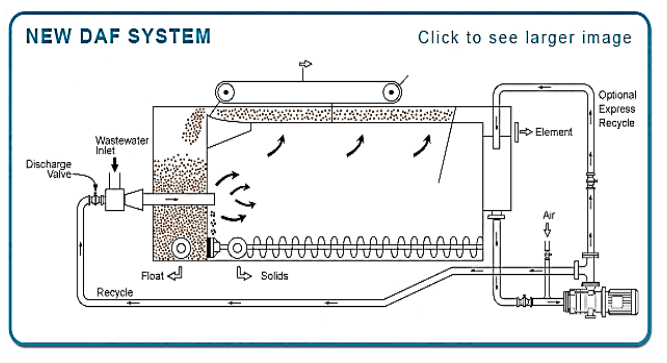
New Water Pipes.
Feeding new 10 buildings at the University of Basrah with new modern water lines and pumps.
Storing washing water
Storing washing water in large and numerous tanks for later use because it is subject to specific pumping periods. The tanks are placed on the rooftops of buildings to give pumping speed to all floors of the building.
Isolating the Rainwater.
The University buildings were designed to meet the standards required for reused water and isolate the rainwater. The buildings have an isolated washing water network, a sewage network, and the network of rainwater drainage from all the rooftops. The rainwater is isolated and transferred to feed the greenhouse, poultry and sheep fields, and fish breeding fields at the college of agriculture.
UOB Desalination Station
Basrah province faces a serious problem, which is an increase in water salinity during summer, due to incorrect policies used by neighboring countries to reduce water allocations of Iraq because they have the tributaries of Iraqi rivers, which led to a decrease in water levels in Shatt al-Arab and a rise in the salt wedge from the Arabian Gulf towards Shatt al-Arab, making its water undrinkable. Salinity changes from year to year due to the amount of rain falling on Iraq during the rainy season. Thus, The University of Basra has adopted a water project and installed a desalination station to produce sterile RO water, which is completely consumed for drinking.
UOB distillation Station
The University of Basrah has adopted a water project and installed a distillation station.
Storing Water in Isolated Reservoirs
The university owns Isolated rainwater reservoirs, which isolated the water that is used to water agricultural crops and animals and human drinkable water.
Wastewater Bioremediation
The University of Basrah organizes a seminar entitled (Activity of some algae to wastewater Bioremediation).
Thesis
The College of Science is discussing a master's thesis on Evaluating and Improving Shatt Al-Arab River.
Thesis
A Master's Thesis at The University of Basrah Discusses (a GIS-based analysis of the deterioration of the quality of water leaving water treatment plants in Basrah City).
Workshop
The University of Basrah organized a workshop on the Technology of phytoremediation.
Research on MDPI
Assessment of the Effluents of Basrah City Main Water Treatment Plants for Drinking and Irrigation Purposes.
More Multimedia
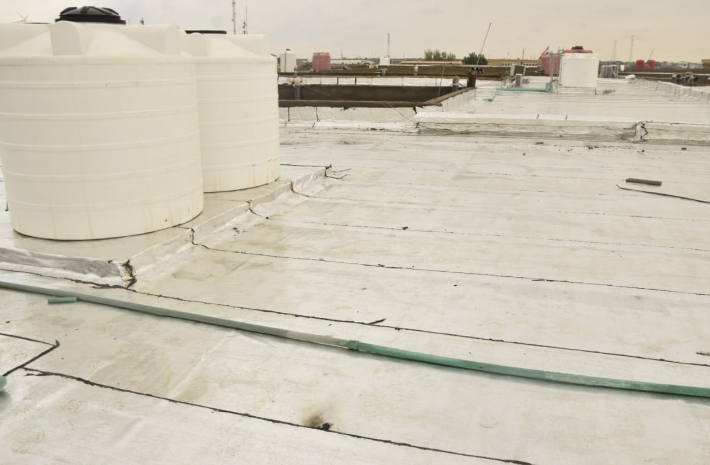
Water Conservation System 1
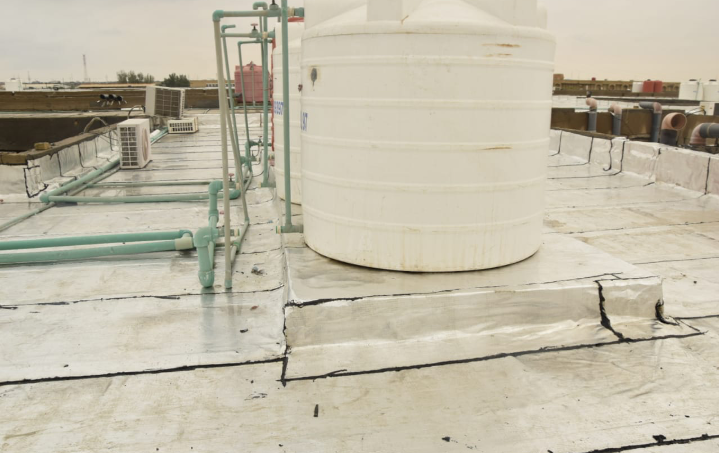
Water Conservation System 2
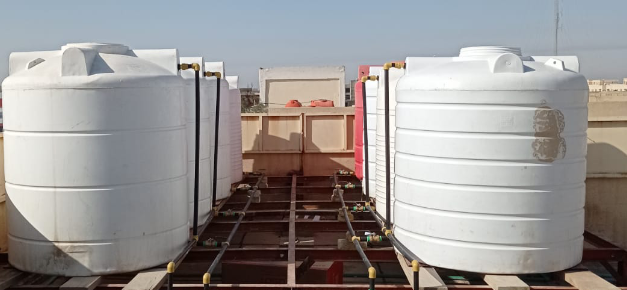
Water Conservation System 3

